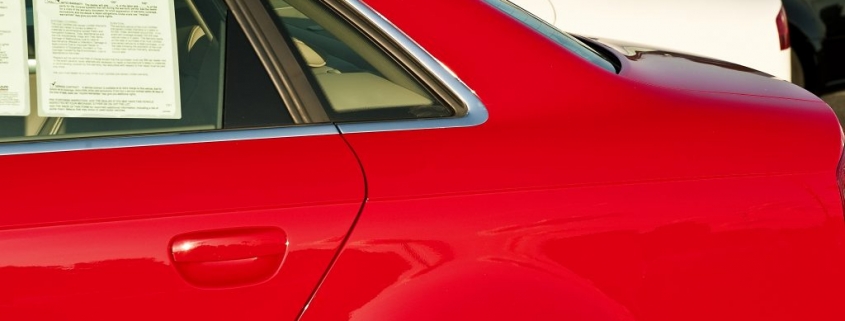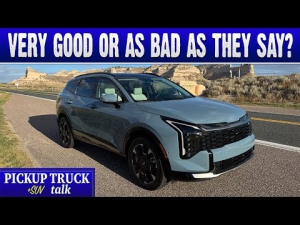What’s the Difference Between an Extended Warranty and a Basic One?
When you purchase a new car, it comes with a basic factory warranty that covers most of the car’s interior, exterior, and electrical components. For the engine, there’s a powertrain warranty, and if you want even more peace of mind, you can opt for an extended warranty. But what is the difference between an extended warranty and a basic one?
What is a car warranty?
Simply put, a warranty on a car is a legal agreement that repairs or services will be done by the manufacturer or a qualified repair shop if needed, noted The Drive. However, a car warranty does not pay for the repair costs in the event of an accident, nor does it cover wear-and-tear maintenance items like oil changes and new tires.
A “factory warranty” can cover two different categories

Every new car currently in the market comes with a “factory warranty.” The Drive notes that the term is actually an umbrella term that includes two different types of new car warranties: the bumper-to-bumper and powertrain warranty.
- Bumper-to-bumper warranty: The bumper-to-bumper warranty is the most comprehensive warranty as it covers almost everything on the car, except for the bumpers (ironically). Essentially, it covers everything in between them.
- Powertrain warranty: The powertrain warranty covers the parts that make the car move including its engine, transmission, and drivetrain components.
Manufacturer’s warranties take effect when defects crop up due to manufacturing errors. Cars are products like any other, so if something on the car breaks due to faulty manufacturing or another error, then the factory warranties will cover it. One thing to note is that a car’s bumper-to-bumper warranty is typically shorter as most of them expire after three to four years.
Powertrain warranties typically last longer, around five to six years. But if you buy a Hyundai, then your car’s powertrain will be covered by an extensive 10-year powertrain warranty.
Extended warranties are more than just an extended time period

When the factory bumper-to-bumper warranty runs out, then your car will no longer be covered, unless you purchase an extended warranty. The good part about the extended warranty is that you can purchase it during the time that your car is still under its factory warranty. Also, you can either purchase an extended warranty from the manufacturer or a third-party provider.
Oftentimes, the extended warranty from the manufacturer just extends the same perks, terms, and exclusions as the bumper-to-bumper warranty for a longer period of time. However, if you choose to purchase an extended warranty from a third party, then you could have even more coverage than the original warranty.
Additionally, third-party extended warranties typically have different term lengths and levels of coverage to fit your budget. And while extended warranties are typically offered when you buy a new car, they can are also offered when you buy a used one. If you plan to purchase a car with nearly 100,000 miles or more on the odometer, then an extended warranty is highly suggested.
Is buying an extended warranty always necessary?
Technically, no. However, if you plan to keep the car for a long time, then buying an extended warranty could give you more security as the years go on and miles rack up. If anything, you can wait until the factory warranties are close to expiring in order to decide.
While there isn’t a huge difference between the basic factory and extended warranties, it’s important to understand when each one kicks in. Warranties can give you a lot of peace of mind when buying a car, however, the length of time that the warranties exist is what varies the most.
RELATED: Is the Toyota Warranty Really the Worst?
The post What’s the Difference Between an Extended Warranty and a Basic One? appeared first on MotorBiscuit.







